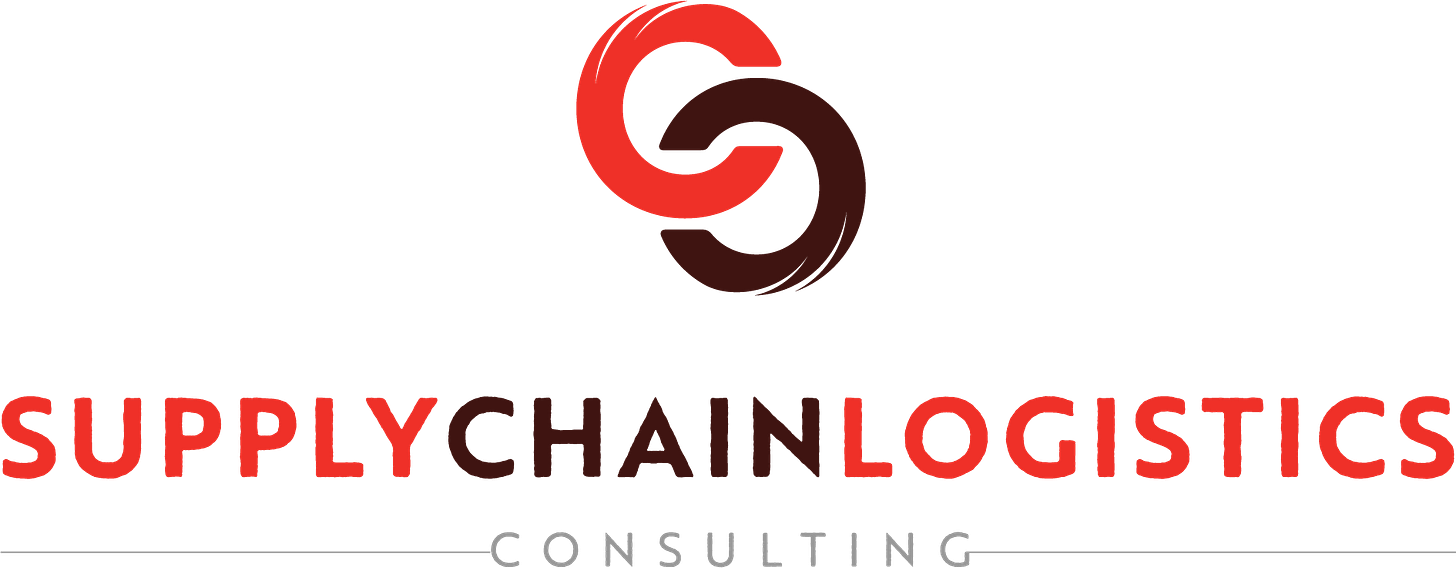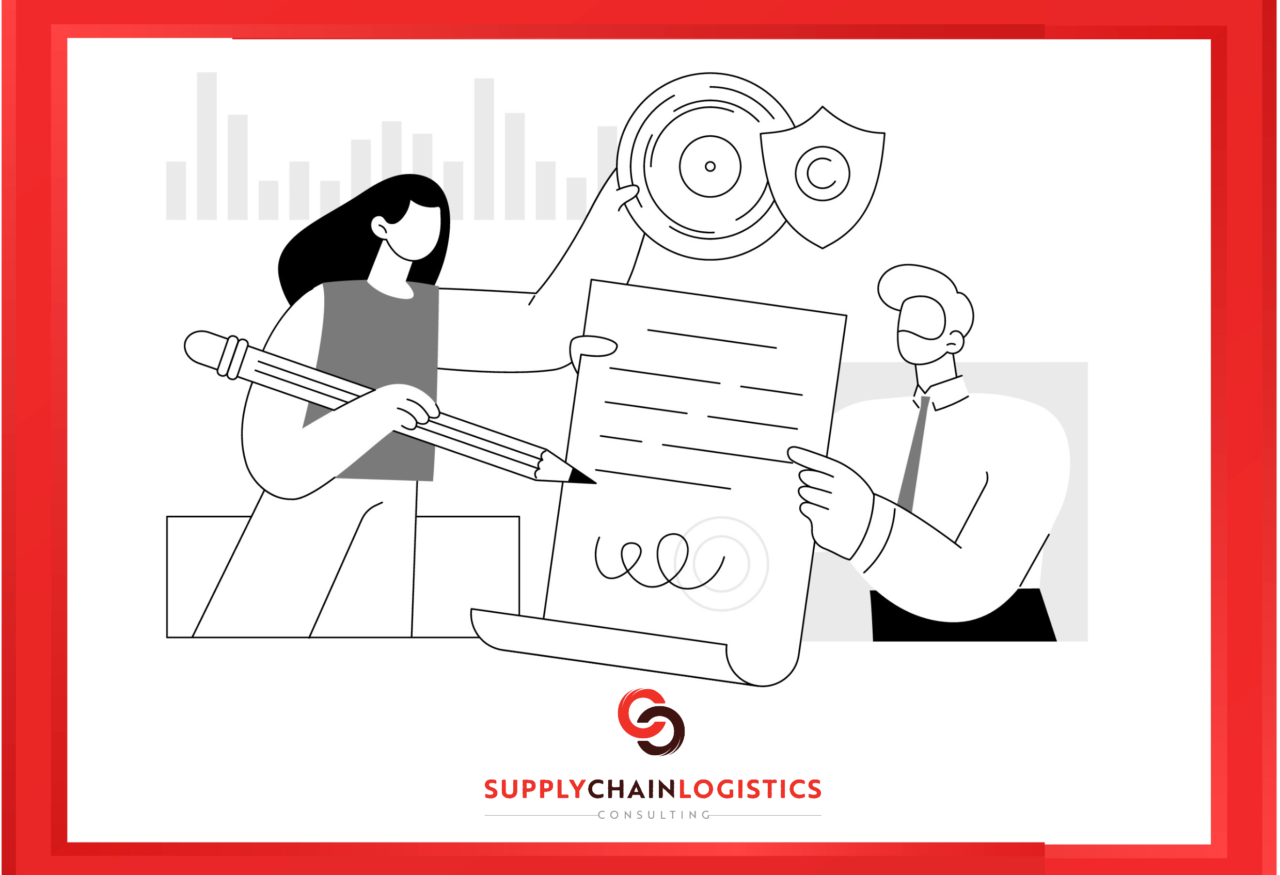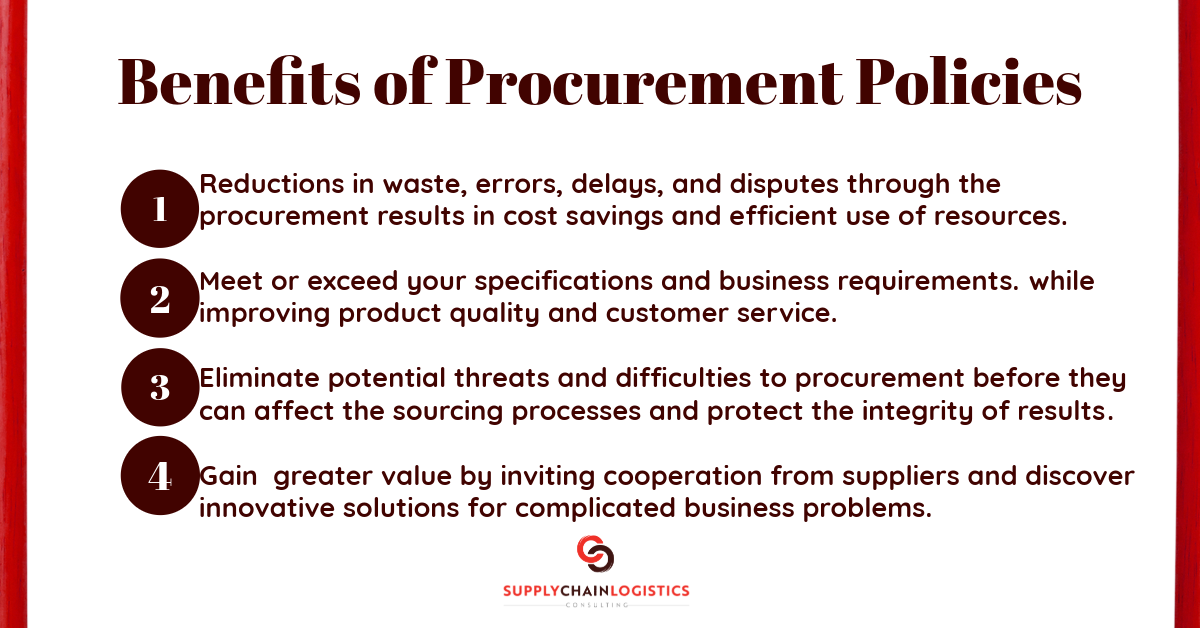SCLCI’s Early Editions: “The Importance of Procurement Policy”
How do you ensure that your procurement process is effective, efficient, and compliant?
That’s where policy helps.
Policies for Procurement
Procurement is the process of finding and acquiring the goods or services that your business needs to operate and achieve its goals. Procurement involves various activities, such as planning, sourcing, negotiating, contracting, ordering, receiving, paying, and managing suppliers.
How do you ensure that your procurement process is effective, efficient, and compliant?
That’s where procurement policies can help.
In this article, explore the manner in which procurement processes can help buyers to achieve the best possible products, pricing and services when they’re needed and at the best price. Evaluate your requirements and start to narrow the choices for sourcing methods using a preparation checklist.
What are Procurement Policies?
Procurement policies are the set of rules and guidelines that govern how your business conducts its procurement activities. They define the roles and responsibilities of the people involved in procurement, the procedures and standards to follow, the tools and systems to use, and the performance indicators and outcomes to measure.
Procurement process policies help you create a consistent and transparent procurement process that aligns with your business objectives and priorities. They also help you comply with the relevant laws, regulations, and ethical principles that apply to your procurement activities.
What is involved in Procurement?
Procurement policy: This policy outlines the general principles and objectives of your procurement process, such as ensuring value for money, promoting fair competition, supporting sustainability, and minimizing risk.
Procurement strategy: This policy describes the specific approaches and methods that you use to achieve your procurement objectives, such as choosing the best sourcing method, selecting the most suitable suppliers, negotiating the best terms and conditions, and managing the contracts effectively.
Procurement plan: This policy details the specific actions and steps that you take to implement your procurement strategy for each project or category of goods or services that you need to procure, such as defining the requirements, conducting market research, preparing solicitation documents, evaluating bids or proposals, awarding contracts, and monitoring performance.
Procurement procedures: These policies provide the detailed instructions and guidance on how to perform each activity or task in your procurement process, such as creating requisitions, issuing purchase orders, conducting quality checks, approving invoices, and resolving disputes.
Procurement clauses and conditions: These policies specify the legal terms and obligations that apply to your contracts with suppliers, such as warranties, liabilities, indemnities, termination rights, dispute resolution mechanisms, and intellectual property rights.
What factors to consider?
To improve your procurement process, procurement managers need to consider various factors, such as
a) business objectives and priorities,
b) procurement challenges and opportunities,
c) procurement best practices and standards, and
d) stakeholder requirements and expectations.
You also need to review and update your procurement process policies regularly to ensure that they reflect the changing market conditions and customer demands that may affect your procurement needs.
The benefits of having procurement policies:
- Reducing waste, errors, delays, and disputes in a procurement process and thereafter will result in cost savings and more efficient use of resources.
- Improve product quality and customer service by ensuring that you get the goods or services that meet or exceed your specifications and business requirements.
- Reduce risk and uncertainty by mitigating the potential threats and challenges before they can affect procurement processes and have an impact on results .
- Increase innovation for greater value by inviting cooperation from suppliers and discover better solutions for complicated business problems.
- Enhance compliance and accountability by ensuring that you follow applicable laws while retaining the appropriate documentation as corporate records.
What is it good for?
Procurement policies are the guide to corporate processes for supply chain operations, purchasing, and strategic sourcing. They can help business leaders to define, implement, monitor, and manage, various procurement activities to ensure that they align with business objectives.
Businesses with a policy in place to guide procurement activities achieve more savings, produce better quality goods and services, deliver greater customer satisfaction, foster an culture where innovation is possible, and attain better value from suppliers.
At Supply Chain Logistics Consulting our mandate is to improve the way things are done and we would be happy to hear from you. Do you have a specific problem you are solving? A unique solution or a successful story about making a significant change?
Let us know.
Write your response in the comments or send us a message on our contact page. If we get enough responses, we will be highlighting our favorite examples in featured posts so that our readers can benefit from them as well.

Visit and Subscribe on all our channels.
🌐
📩Company Newsletter
𝕏 Connect
🔖 Join LinkedIn
✅ WhatsApp ☎
👉And don’t forget to share this Early Edition channel.





